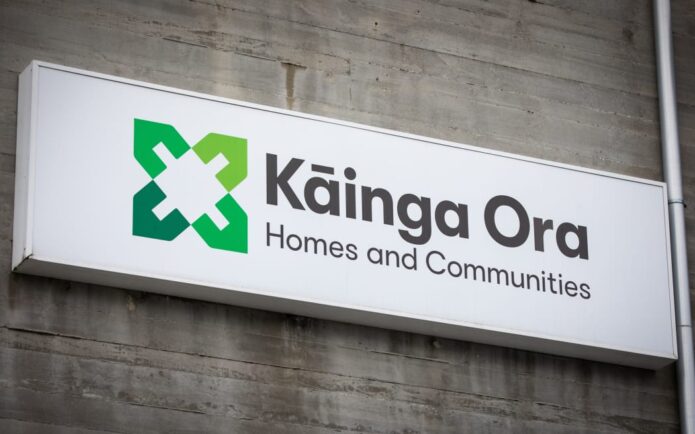PHOTO: THE CARPET PALACE
A Pivotal Moment for New Zealand’s Wool Industry
In a move that has drawn widespread criticism, Kāinga Ora — New Zealand’s largest social housing provider — recently issued a request for carpet suppliers, explicitly excluding wool options. This decision has disappointed many, including government officials, wool manufacturers, and farming communities, who view it as a missed opportunity to support the struggling local wool industry. As New Zealand faces economic challenges and aims to promote sustainability, this debate sheds light on the intersection of housing policy, environmental responsibility, and agricultural support.
Background: Kāinga Ora’s Carpet Procurement Policy
Kāinga Ora, responsible for managing over 75,000 homes nationwide, plans to install carpet in thousands of properties over the next two years. Historically, the agency has favored synthetic materials like nylon, citing durability and cost-effectiveness. A recent analysis suggested that nylon carpets are approximately 34% cheaper than their wool counterparts.
However, this approach contradicts a government directive announced late last year, encouraging the use of wool in public sector buildings. The coalition agreement between National and NZ First explicitly prioritizes natural fibers over synthetic alternatives.
Industry and Government Response: Frustration and Disappointment
Mark Patterson, Associate Minister of Agriculture, has been vocal about his frustration. He emphasized that while procurement rules are still being refined, the government’s intention to support wool was clear:
“It’s beyond disappointing. It defies the clear intent of the coalition agreement which prioritizes wool fibers. We need a more holistic approach that considers the long-term benefits of wool.”
John McWhirter, CEO of Wools of New Zealand, expressed similar sentiments, lamenting the lack of opportunity to tender for such a substantial contract. For an industry struggling with declining prices and farmer distress, securing a contract of this magnitude could have been transformative.
Why Wool Matters: Beyond Cost-Effectiveness
The debate goes beyond price comparisons. Wool carpets offer several advantages that align with New Zealand’s sustainability goals and public health priorities:
- Environmental Benefits: Wool is biodegradable and free from microplastics, unlike synthetic options derived from fossil fuels.
- Health and Safety: Wool is naturally hypoallergenic and less flammable, contributing to safer and healthier homes.
- Economic Impact: Supporting wool carpets would bolster New Zealand’s agricultural sector, which has seen coarse wool prices drop below shearing costs in recent years.
Greg Smith, CEO of Bremworth, highlighted the historical context:
“Many Kāinga Ora homes originally had wool carpets. To suggest that wool is no longer viable makes no sense. This decision sets a damaging precedent for our local industry.”
Photo: 123rf
The Bigger Picture: Sustainability and Social Responsibility
Green MP Steve Abel criticized Kāinga Ora’s decision as short-sighted, pointing out the environmental cost of synthetic carpets:
“We have this super fiber here, produced in Aotearoa. Wool is better for your health and the planet. Opting for plastic carpets contradicts our commitment to sustainability.”
Farmer Perspectives: A Missed Opportunity
For many wool farmers, this decision feels like a betrayal. Toby Williams of Federated Farmers called it a “slap in the face” to Kiwi sheep farmers:
“Choosing fossil fuel-derived carpets over sustainable, locally grown wool is shocking. Farmers just want a fair chance, but we were completely shut out.”
Moving Forward: A Call for Policy Alignment
The controversy underscores the need for clearer procurement policies that align with national sustainability goals. Stakeholders are calling for:
- Immediate Review: Ensuring future tenders include natural fiber options.
- Transparent Criteria: Clearer guidelines on evaluating sustainability and economic impact.
- Support for Innovation: Encouraging the development of cost-competitive wool products.
A Turning Point for New Zealand’s Wool Sector?
The Kāinga Ora carpet decision has sparked a critical conversation about New Zealand’s housing, agriculture, and environmental future. As the government finalizes its procurement policies, the hope remains that local industries — particularly the struggling wool sector — will receive the support they need to thrive in a competitive global market.
SOURCE: RNZ














